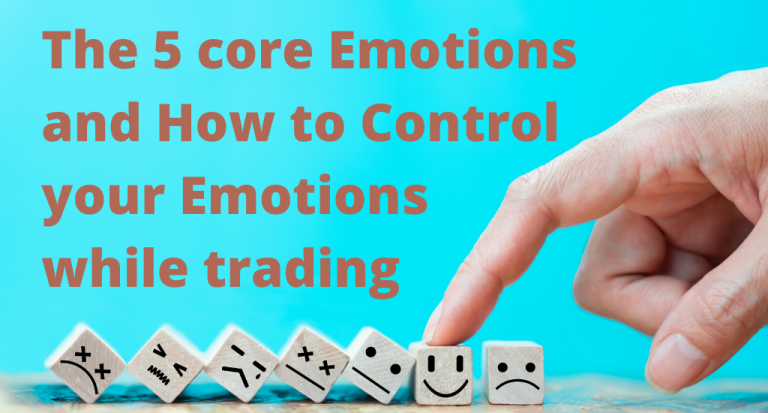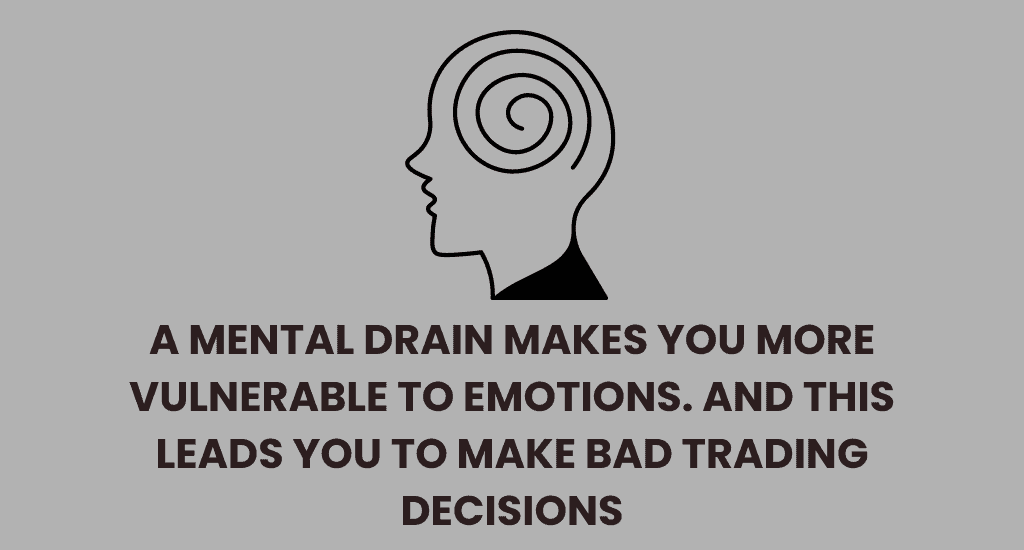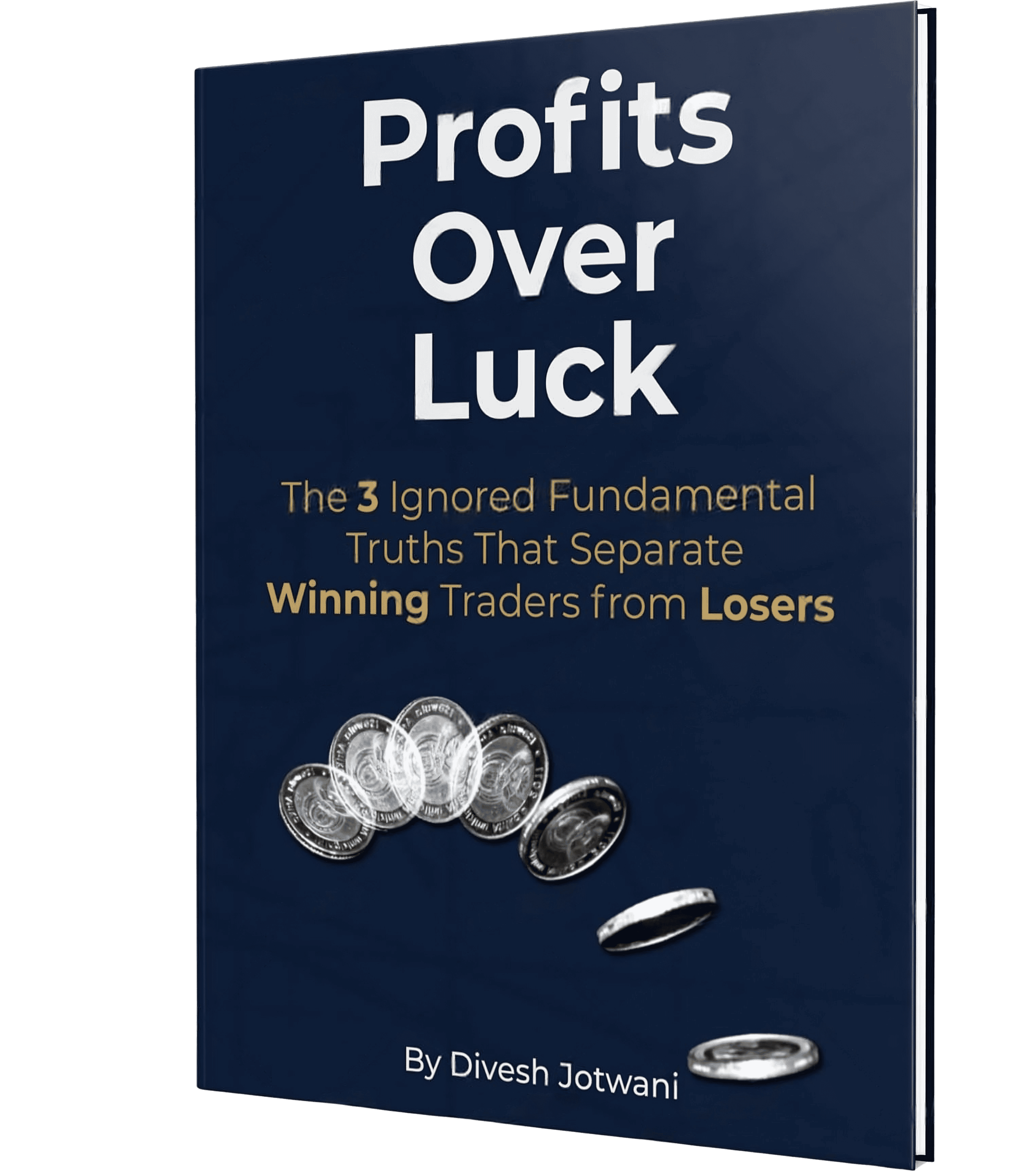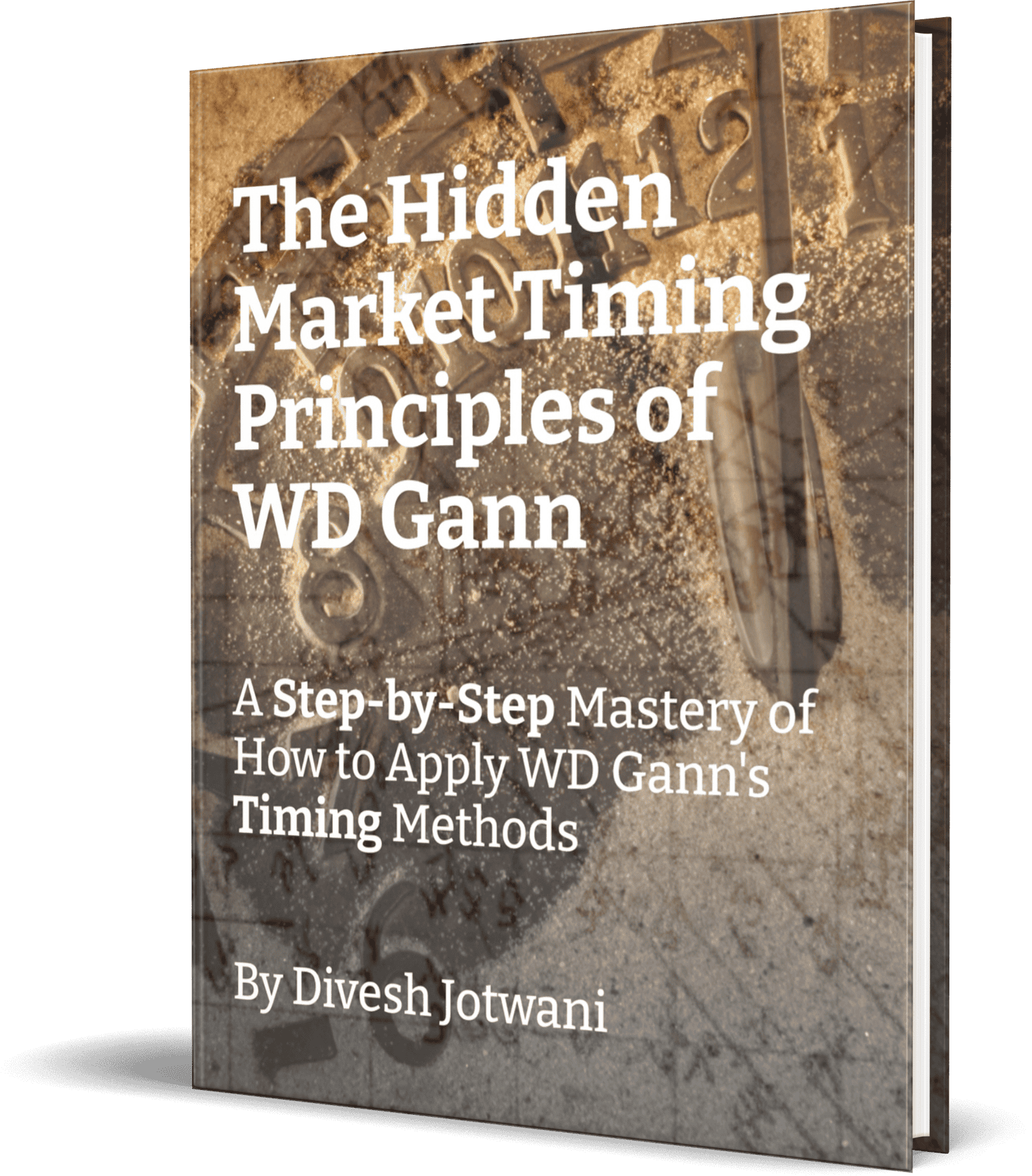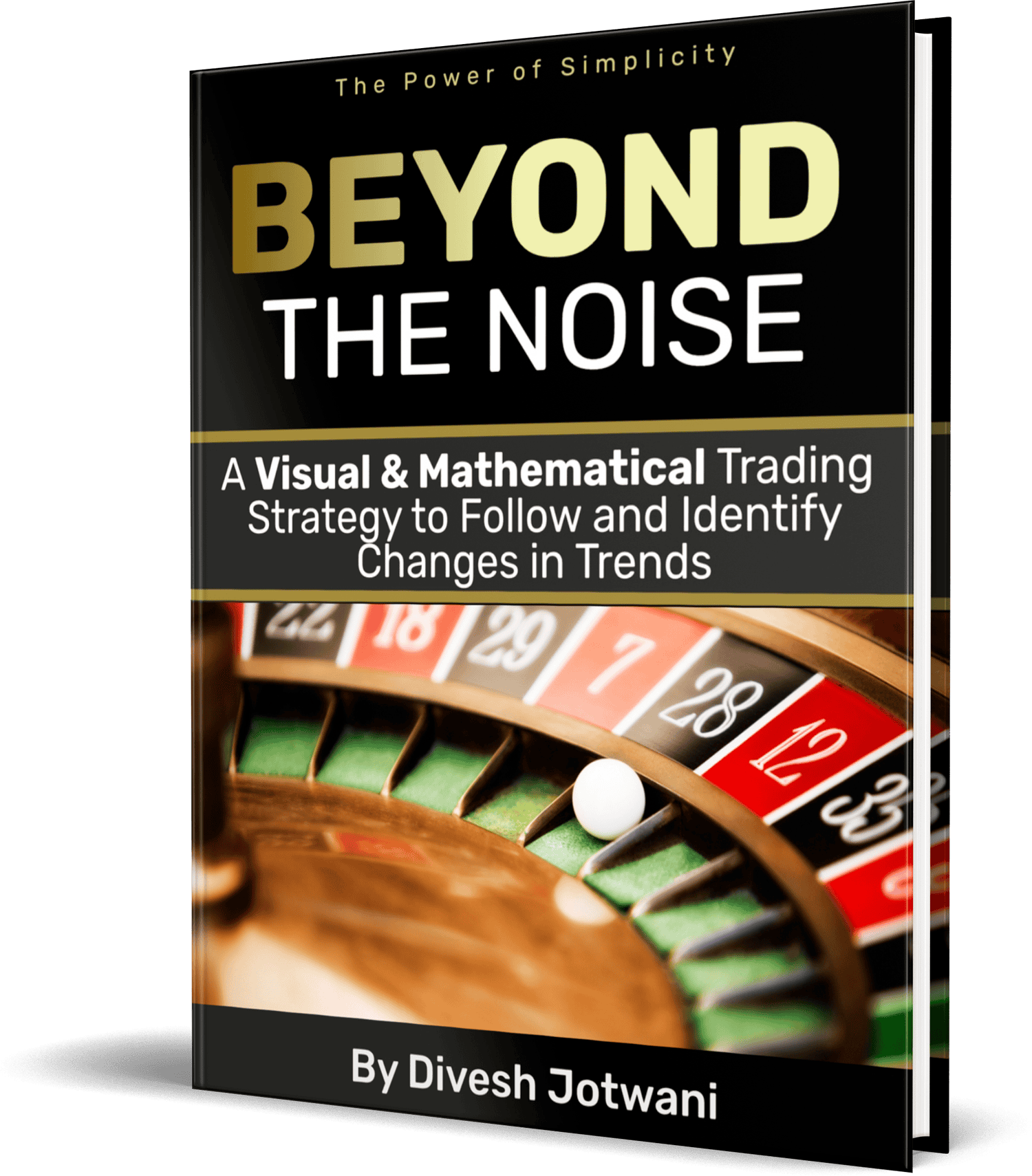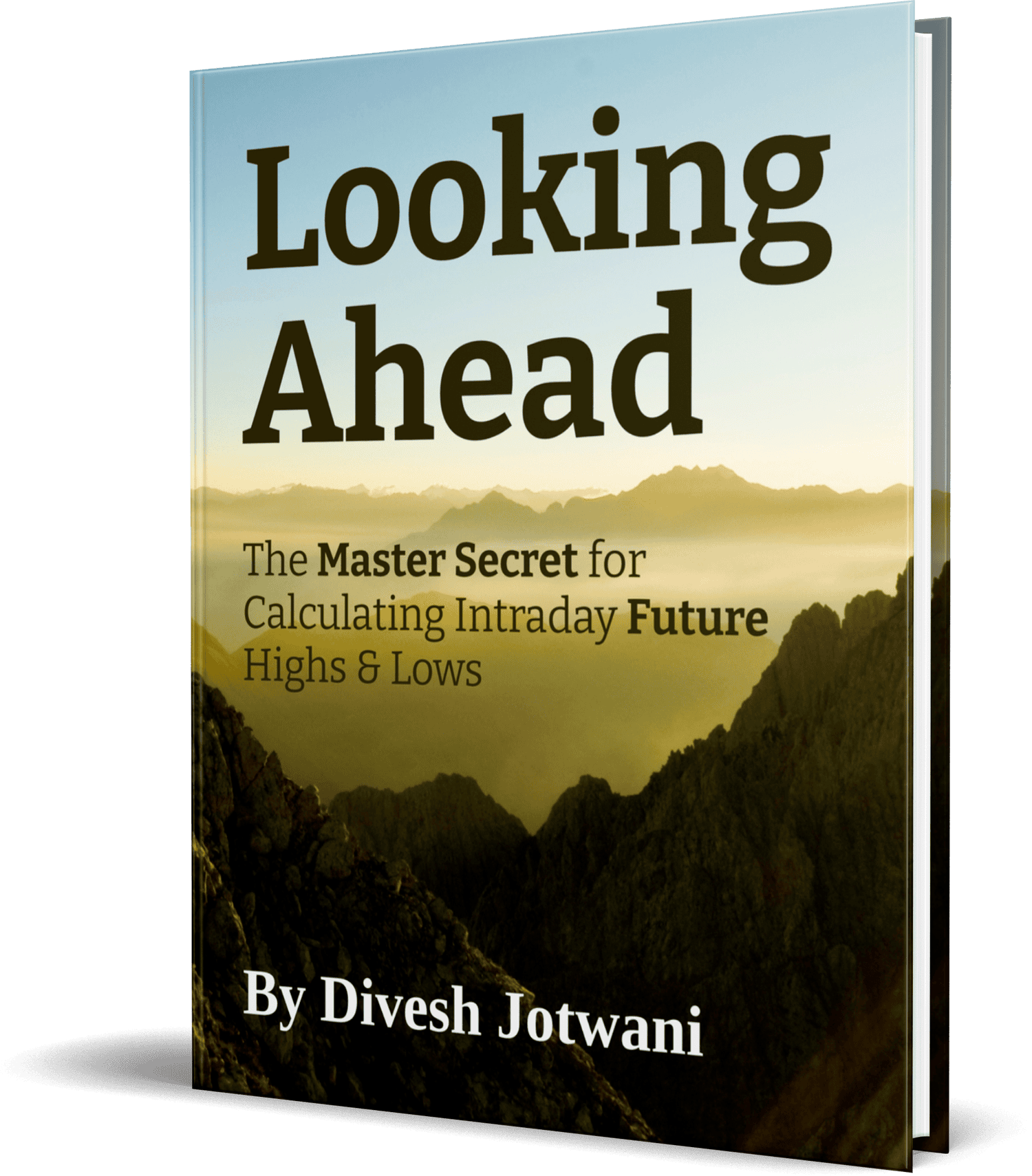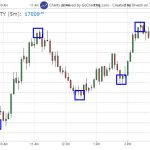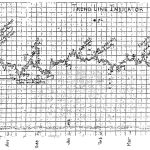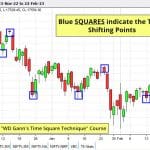If you have ever felt negative emotions while trading, you would know the negative impact, it can have on your trading. Negative emotions can take over your trading and mess up your strategies and returns. They can make you blow your account if you don’t control them.
You may have a superb trading strategy. Yet, if you can’t control negative emotions, you may face losses instead of profits. Thus, it’s essential to learn to handle emotions while trading to make stable profits.
To control negative emotions while trading, you need to start from the basics. So first, we’ll look at the most common emotions a trader experiences while trading. Then we’ll discuss a few tips to control them.
Anxiety: Anxiety is the most common negative emotion a trader feels while trading. It is an overwhelming sense of uneasiness that something might go wrong. In other words, anxiety is an expectation of things going wrong.
Anxiety makes a trader not take an obvious trade. It makes a trader too nervous to trade their plan. It also makes them hold on to a losing position for too long or exit a profitable trade in haste. Anxiety is an emotion that mentally drains traders. It makes them enter random trades and causes their performance to suffer.
Fear: Fear is one of the most common emotions experienced by traders. There are four types of fear that traders experience.
- The fear of losing money can make a trader delay realizing a loss when a trade goes against them.
- The fear of missing out can make traders blow up their trading accounts with a few trades by over-leveraging.
- The fear of being wrong can scare traders from entering new trades, making them miss profitable trading opportunities.
- The fear of letting a win turn into a loss. It forces traders to exit a trade too early and leave profit on the table.
In short, fear makes a trader hesitant when it’s time to enter or exit a trade. In turn, fear makes them miss trading opportunities or execute trades at the wrong time. Thus, fear makes a trader try hard not to lose money instead of making money. And this affects a trader’s performance in the wrong way.
Doubt: Doubt is an emotion that makes traders unsure about their trading abilities. It stops traders from executing trades when they spot an opportunity in the market.
When a trader sees a trade that could be profitable, doubt stops them from executing such trade. Besides this, doubt makes a trader unable to stick to their trading plan and makes them trade at random. The consequence of doubt for a trader is the failure to earn stable, profitable returns.
Guilt: The effect of other negative emotions such as doubt, fear, and anxiety can set off guilt. Yet, the loss of money makes a trader feel guilty the most. The loss of money sparks other feelings, such as fear that other trades can lead to more losses. Hence, guilt is a byproduct of the effect of other emotions. And it can also be the cause of other emotions.
Self-Neglect: Self-neglect makes traders focus on trading while ignoring other parts of their lives. It makes traders ignore their basic needs, such as feeding well and managing their hygiene. In short, a lack of self-care while trading is self-neglect. It also causes traders to overtrade.
The Secret to Controlling Your Negative Emotions While Trading
You need to realize that one negative emotion trigger other negative emotions. For instance, the fear of losing money can trigger feelings of doubt and anxiety. And so, the secret to controlling your emotions is to nip them in the bud so they can’t set off others.
To help you do this, I will be sharing a couple of tips. These tips helped me nip negative emotions in the bud while trading. Hence, I hope they will help you also to do the same.

Regulate your trading by approaching the market like a pro
Most traders enter trades without any form of self-regulation. Instead, they execute trades without a plan and rely on making on-the-spot decisions. It makes them work up and triggers emotions, such as doubt, fear, and anxiety.
In contrast, professional traders handle their trades by creating a trading plan in advance. Thus, having a trading plan is what separates amateur traders from experienced traders. And this is what helps them last longer in the market and be more profitable than the average trader.
A trading plan helps you define what you need to do, when you need to do it, why you need to do it, and how you will do it. It helps you trade in an unbiased way that suits your personality and financial position. It also serves as a guide that stops you from making too many on-the-spot decisions while trading. And this helps you keep negative emotions at bay.
So, it would be best if you create a trading plan to avoid making on-the-spot decisions that can set off emotions. A trading plan will not only help you develop a solid trading discipline, but it will also help you handle emotions during a trade. It will help you reduce the risk of allowing negative emotions to get the better of you while trading. In short, it will sweeten your trading results.
Create safeguards for your trading account
You can’t control what happens in the market, but you can control how it affects you and your trading account.
The most crucial element of your trading account is your trading capital. Hence, you need to create safeguards that help you protect your capital.
One of the key ways to safeguard your trading capital is to always use a loss limit for every trade you execute. Despite how great your trading system is, there will be times when the market will go against your analysis and predictions. So, in such cases, you must always control what the market takes from you. And the easiest way to do that is by using a loss limit at all times.
Another way to safeguard your trading account is only to execute trade setups that have favorable risk-reward ratios. A trade setup with a good risk-reward ratio is a trade where you risk less to gain more. For instance, risking 100 INR to gain 300 INR is a favorable risk-reward ratio. You can always regain your losses with a few winning trades when you lose some trades in a row by sticking to such setups.
Creating safeguards to protect your trading capital will allow fewer reasons for negative emotions to be set off. Then, instead of the market taking whatever it wants, you will be the one deciding what the market takes with said safeguards. And that is the best way to nip negative emotions in the bud.
Don’t count your chicken before they hatch
While it is tempting to do so, checking your profit or loss figure during a trade can evoke emotions.
Seeing the value of your account move up and down can cause you to feel all sorts of emotions. I used to do this before I knew better, and it always triggered emotions. So, stop doing that.
When you execute a trade and include a stop loss and profit target, you are protected. You are safe from taking a massive loss if the trade moves against you and prepare to make a solid profit if the trade moves in your favor.
Hence, always looking at your profit or loss figure while trading doesn’t help you. It only triggers negative emotions. Instead, after putting on a trade with a predetermined loss limit and profit target, wait till either one gets triggered. If your loss limit gets triggered, you will take a little loss and improve your analysis for the next trade. If your profit order gets triggered, you will make a solid profit and be more confident in your analysis.
As the saying “don’t count your chickens before they hatch” endorses, you should avoid looking at your profit or loss figure until the trade is over. It will help you stay rational and detached from your trades and squeeze negative emotions in the bud.
Normalize taking a breather
Trading can be a strenuous activity – especially when you spend a great amount of time doing it. And if you do not carve out time to care for your health and personal hygiene, you can drain yourself mentally.
A mental drain makes you more vulnerable to emotions. And this leads you to make bad trading decisions, blow your trading account, and feel greater negative emotions.
So, to protect yourself from mental stress, ensure you take time away from trading as often as you can. Don’t make yourself a slave to your trading screen by overtrading. The market is not going anywhere; it will still be around decades from now.
You can make a rule to always take a break after executing a certain number of trades. It can be as little as three or as high as ten trades. Whatever number it is, ensure it is a number that does not make you stressed out.
A healthy mind and a well-rested body help you overcome negative emotions and easily make better trading decisions. So, take breaks, engage in other activities that make you happy, and refresh your body and mind. Then, resume your trading activities when you are mentally comfortable and relaxed. That will help you manage your emotions and make rational trades. And this, in turn, will help you gain solid returns from your trading activities.
What’s the one thing you can do today?
The key to successful trading is to be able to manage your emotions. Without this, you stand a high chance of damaging your trading efforts. But, by knowing how to handle your emotions, there is no limit to what you can achieve in your trading career.
If you did not know how emotions can affect your trading activities, you have learned a valuable lesson from this article. Use the tips I shared in this article to handle negative emotions while trading. I wish you the best of luck in your trading activities!
